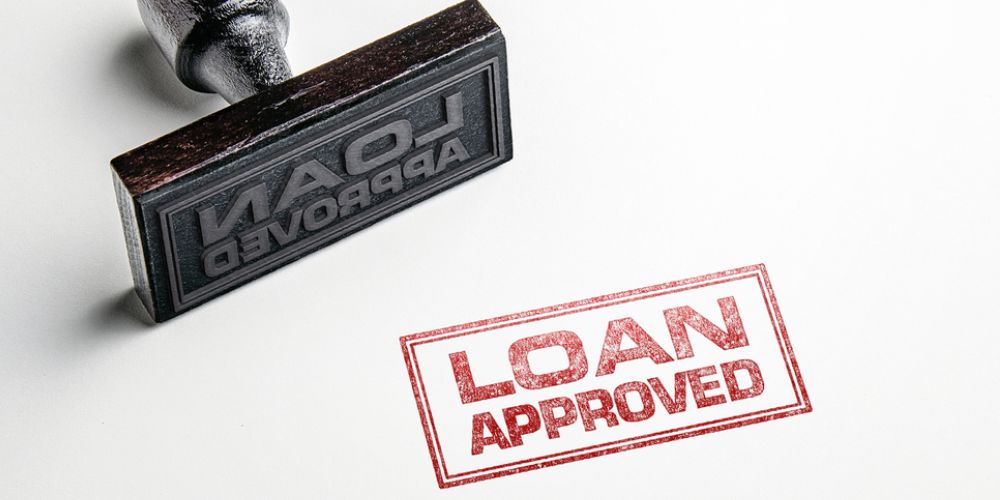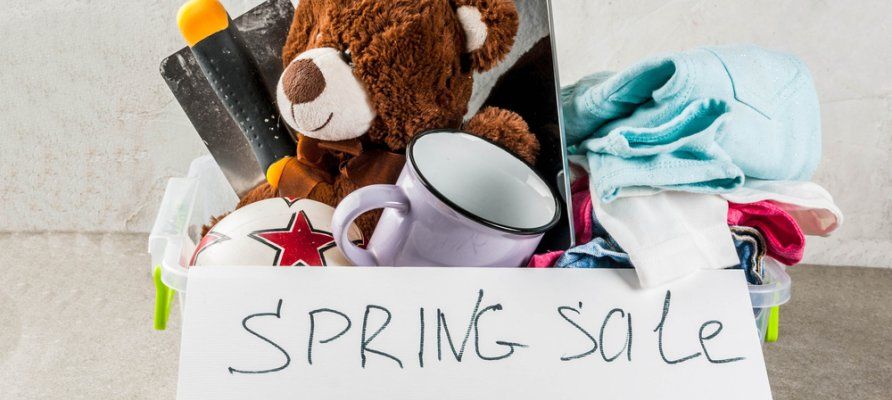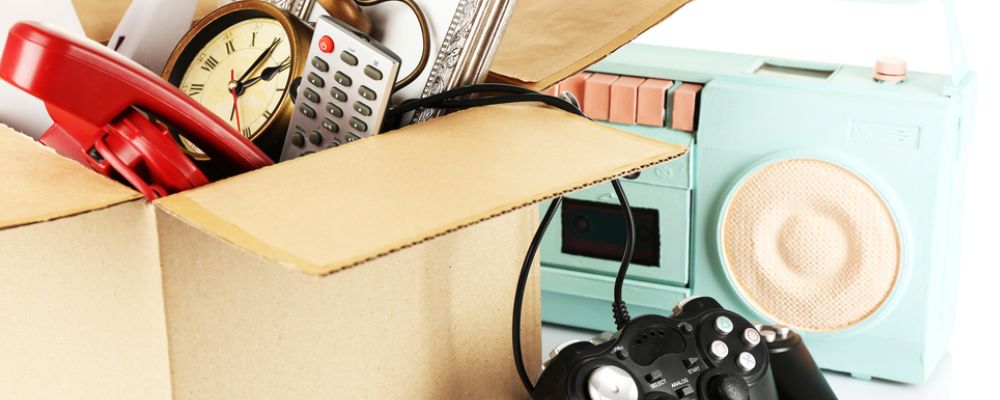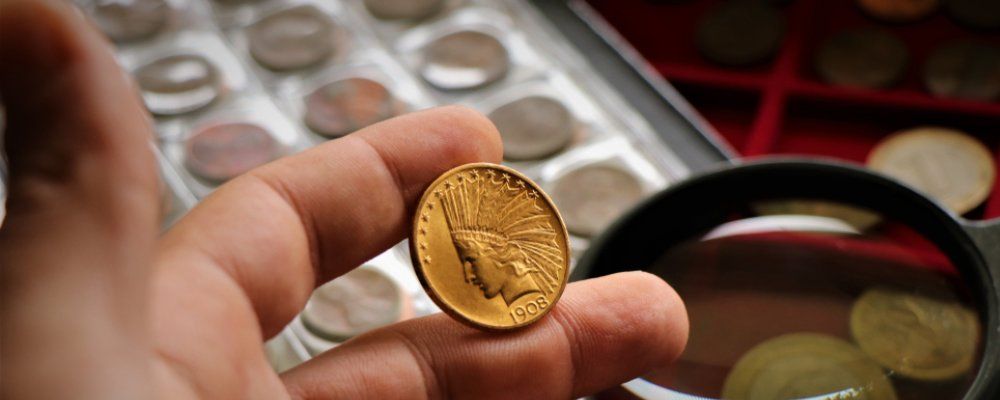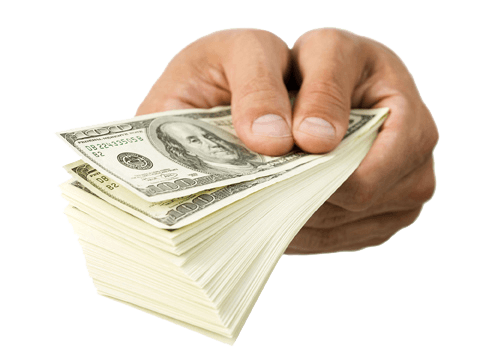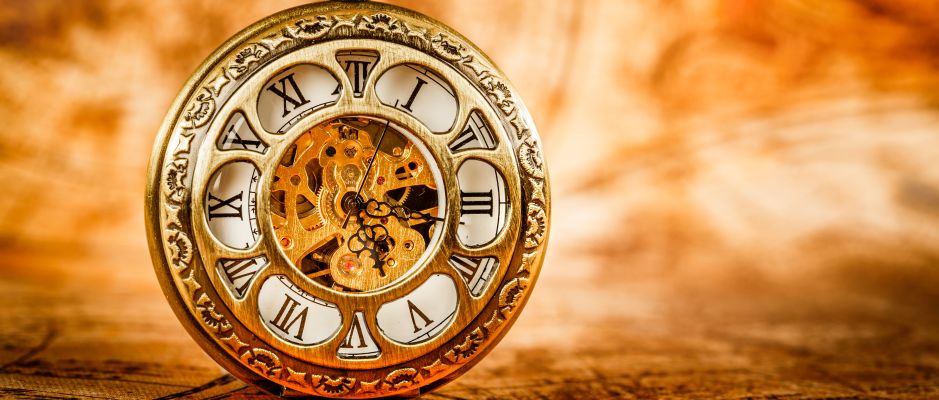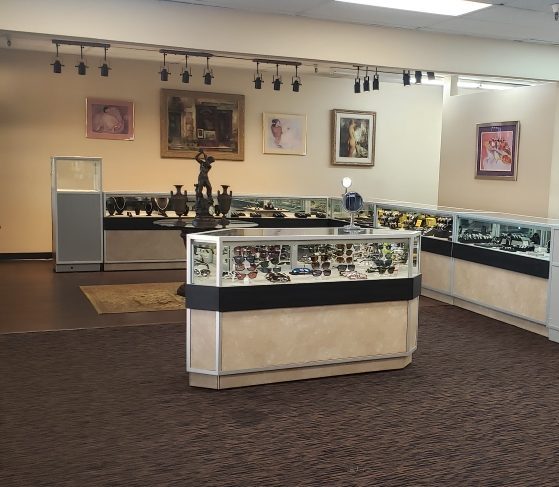
Discover the Best Deals at Your Local Pawn Shop Today!
Your local pawn shop is one of the best ways to support your local community and economy! Not only are they a way to legally achieve instant cash by selling or pawning your valuables, you will also find incredible deals on new or like new quality items.
Understanding Pawn Shops
What is a Pawn Shop?
A pawn shop is a business that offers secured loans to individuals using personal belongings as collateral. These items—often jewelry, electronics, tools, firearms, musical instruments, or luxury goods—are called “pawned items.” In addition to offering loans, many pawn shops also buy and sell pre-owned merchandise. This gives customers a convenient place to buy secondhand items at discounted prices or to sell valuables for quick cash.
Pawn shops have been around for centuries and serve as a quick and accessible option for people who need short-term financial help but may not qualify for traditional loans.
How Does a Pawn Loan Work?
A pawn loan is a type of collateral-based loan, which means you borrow money in exchange for leaving a valuable item with your local pawn shop as security. Here’s how it works:
- Bring in an Item of Value: You bring an item such as a gold ring, laptop, or power tool to your local pawn shop.
- Item Evaluation: The pawnbroker inspects and assesses the item’s condition, resale value, and market demand to determine how much they can lend you.
- Loan Offer: Based on the appraisal, you receive a loan offer. If you accept it, you’ll get cash on the spot.
- Loan Terms: You agree to repay the loan—plus any interest and fees—within a set time period (usually 30 to 90 days). These terms are explained clearly in a pawn ticket or loan agreement.
- Repayment and Retrieval: If you repay the loan in full by the due date, you get your item back.
- No Credit Check Required: Pawn loans don’t require a credit check, making them a popular option for people with low or no credit history.
- If You Don’t Repay: If you can’t repay the loan, the pawn shop keeps the item and sells it to recover the money. There’s no impact on your credit score, and no collections process is involved.
Types of Items You Can Find at Your Local Pawn Shop
 Jewelry: Diamonds, earrings, wedding band sets, engagement rings, pendants, bracelets, just to name a few.
Jewelry: Diamonds, earrings, wedding band sets, engagement rings, pendants, bracelets, just to name a few.
Luxury Handbags: Louis Vuitton, Chloe, Gucci, Coach, Valentino, Dolce & Gabbana, Dior, Hermes, Burberry, and other well known high end brands.
Electronics: Cell phones, iPhones, tablets, iPads, laptops, Gaming Consoles, PC towers, printers, etc.,
Musical Instruments: Guitars, keyboards, trumpets, saxophones, drums, pianos, amplifiers, sound boards, karaoke machines, etc.,
Gold and Silver: Bullion rounds, ingots and coins
Finding the Right Local Pawn Shop
Whether you need quick cash, want to sell an item, or are looking for a good deal on secondhand goods, choosing the right pawn shop matters. Not all shops offer the same value, service, or security, so knowing how to evaluate your options can save you time and money.
Search for “Pawn Shop Near Me”
The easiest way to start is by searching online. A quick search for “pawn shop near me” will give you a list of local options, often with Google ratings, customer reviews, and hours of operation. Pay attention to:
-
Location: Shops in busier areas may offer better pricing due to higher competition.
-
Operating hours: Some shops keep extended hours or are open on weekends.
-
Website or social media presence: A professional online presence often signals a well-run business.
Don’t rely solely on proximity. A shop that’s a few miles further might offer better service or higher payouts.
Evaluating Local Pawn Shops
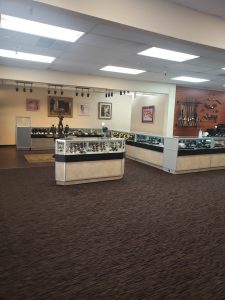 Not all pawn shops are equal. Here’s what to look for when comparing them:
Not all pawn shops are equal. Here’s what to look for when comparing them:
-
Reputation: Check online reviews across platforms like Google, Yelp, or Facebook. Look for consistent patterns in customer feedback.
-
Transparency: A good pawn shop clearly explains how their process works—loan terms, interest rates, and how long you have to reclaim your items.
-
Appraisal quality: See how they assess the value of your item. Are they knowledgeable? Do they use proper tools for testing gold, diamonds, or electronics?
-
Cleanliness and organization: A shop that’s neat and well-maintained often reflects better management and professionalism.
-
Customer service: Staff should be respectful and helpful, not pushy or dismissive.
The Best Pawn Shops Near You
The best pawn shops are the ones that strike a balance between fair pricing, professionalism, and customer trust. Here’s how to spot them:
-
They pay top dollar for quality items and don’t lowball you.
-
They offer fair loan terms with clear repayment timelines and reasonable interest rates.
-
They sell clean, tested, and well-priced merchandise, from tools and electronics to jewelry and instruments.
-
They follow proper regulations, including ID checks and documentation to prevent stolen goods from being traded.
Ask around—word-of-mouth recommendations from friends or neighbors can often point you to the most trusted local pawn shop.
Benefits of Using a Local Pawn Shop
Pawn shops have been around for centuries, and for good reason. They offer a fast, flexible alternative to traditional financial services and retail stores. Whether you need quick cash or want to browse for deals, a local pawn shop can be a smart and convenient option. Here’s why.
Instant Cash for Your Items
One of the biggest advantages of pawn shops is the ability to get cash on the spot. If you have gold, electronics, tools, musical instruments, or other valuables, you can walk in and walk out with money in minutes—no credit check, no long wait.
-
No lengthy application process — Just bring your item in, get it appraised, and receive an offer.
-
Ideal for emergencies — When you need money quickly, a pawn shop is often faster than a bank or loan service.
-
Sell or pawn options — You can choose to sell the item outright or use it as collateral for a short-term loan.
Unique Finds and Deals At A Local Pawn Shop
Pawn shops aren’t just about pawning—they’re also great places to shop. You’ll often find high-quality, secondhand items at a fraction of retail prices.
-
One-of-a-kind items — From vintage jewelry and rare collectibles to power tools and gaming consoles, inventory is always changing.
-
Better prices than retail stores — Many items are in excellent condition but cost significantly less than buying new.
-
Negotiation is possible — Unlike big-box stores, many pawn shops are open to price discussions.
For bargain hunters and collectors, pawn shops offer a unique way to find hidden gems without paying full price.
The Value of Collateral Loans
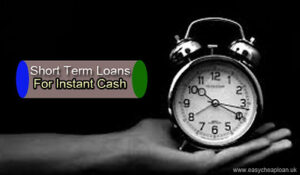 A local pawn shop can also provide short-term loans using your item as collateral. It’s a low-risk way to borrow money without affecting your credit score.
A local pawn shop can also provide short-term loans using your item as collateral. It’s a low-risk way to borrow money without affecting your credit score.
-
No credit check required — Your loan is backed by the item you pawn, not your credit history.
-
Quick approval — The process is simple and straightforward.
-
You can reclaim your item — As long as you repay the loan plus interest within the agreed time frame, your item is returned to you.
This makes pawn loans a helpful option for people who need temporary financial relief but don’t want to sell their belongings permanently.
Tips for Selling and Buying At A Local Pawn Shop
If you’re planning to sell items to a local pawn shop, a little preparation can help you get the best value. From cleaning up your items to understanding how value is assessed and how to negotiate effectively, here’s what you need to know.
How to Prepare Items for Sale to a Local Pawn Shop
Presentation matters. The better your item looks and functions, the more likely you are to get a solid offer.
-
Clean it up: Remove dust, fingerprints, or residue. Polished jewelry, clean electronics, and spotless tools make a better impression.
-
Bring accessories: Include chargers, cables, remotes, manuals, or original boxes if you have them. Complete items often fetch better offers.
-
Test functionality: Make sure the item works properly before bringing it in. For electronics or instruments, this could mean charging batteries, checking buttons, or tuning.
-
Know the item: Be ready to describe the model, specs, brand, and condition. If it’s a higher-end piece, bring any receipts or authenticity certificates.
Understanding Assessment Values
Pawn shops don’t offer full retail value—they base their offer on resale potential, condition, and current market demand. Here’s how it generally works:
-
Resale value: The shop considers how much they can realistically sell the item for, not how much you paid for it.
-
Condition matters: Scratches, missing parts, or wear and tear lower the value.
-
Market demand: Items in high demand—like gold, tools, smartphones, or game consoles—often get better offers.
-
Brand recognition: Well-known, trusted brands typically hold more value.
It’s smart to do a bit of research before you go. Check online resale platforms like eBay or Facebook Marketplace to get a ballpark idea of what your item might be worth.
How to Negotiate at a Local Pawn Shop
Negotiation is expected at most pawn shops. You don’t have to accept the first offer. Here’s how to approach it:
-
Be polite but confident: Respect goes a long way. Ask how the offer was calculated and make your case clearly.
-
Use your research: If you know what similar items are selling for, reference that when asking for a better price.
-
Be willing to walk away: If the offer feels too low, it’s okay to say no and try another shop.
-
Bundle deals: Selling multiple items? You may be able to negotiate a higher total payout.
Remember, pawnbrokers are running a business, but most are open to fair negotiations—especially if you’ve come in prepared to your local pawn shop.

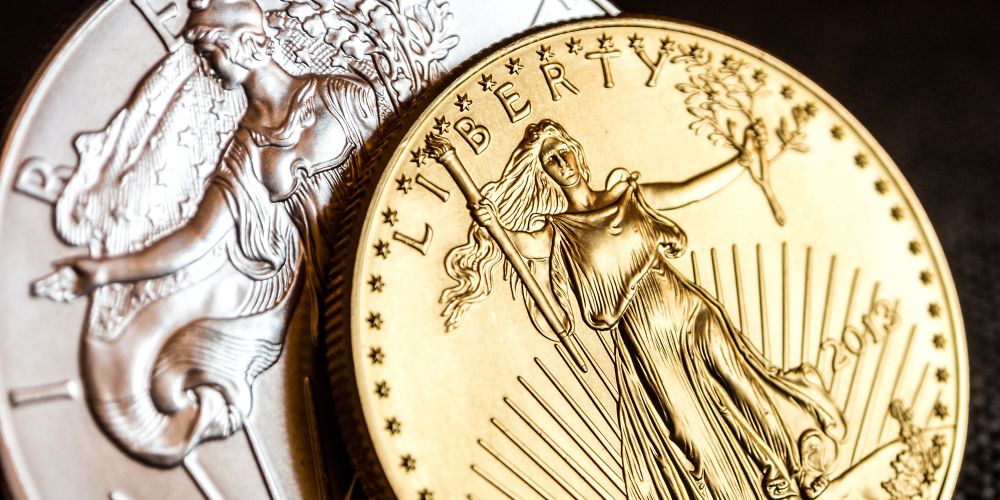
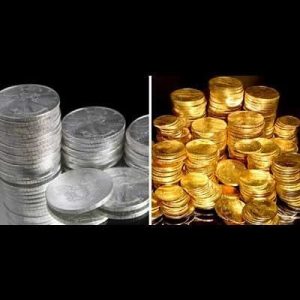 trade and commerce, both have been searched for the world over by explorers. As a result of such discoveries, new countries and trade routes were opened, allowing for their mining and trade.
trade and commerce, both have been searched for the world over by explorers. As a result of such discoveries, new countries and trade routes were opened, allowing for their mining and trade.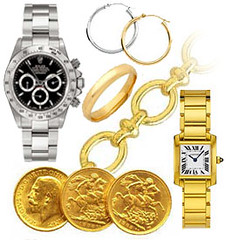 Silver is used in a variety of industries and products such as cell phones, electrical appliances, medical devices, computers, refrigerators, and more. While the cost per ounce continues to increase, it remains quite affordable. It is also accessible, with countries like Peru holding vast reserves. At $30-$35 per ounce and with more uses being discovered regularly, silver shows no signs of weakening demand in these products.
Silver is used in a variety of industries and products such as cell phones, electrical appliances, medical devices, computers, refrigerators, and more. While the cost per ounce continues to increase, it remains quite affordable. It is also accessible, with countries like Peru holding vast reserves. At $30-$35 per ounce and with more uses being discovered regularly, silver shows no signs of weakening demand in these products.
